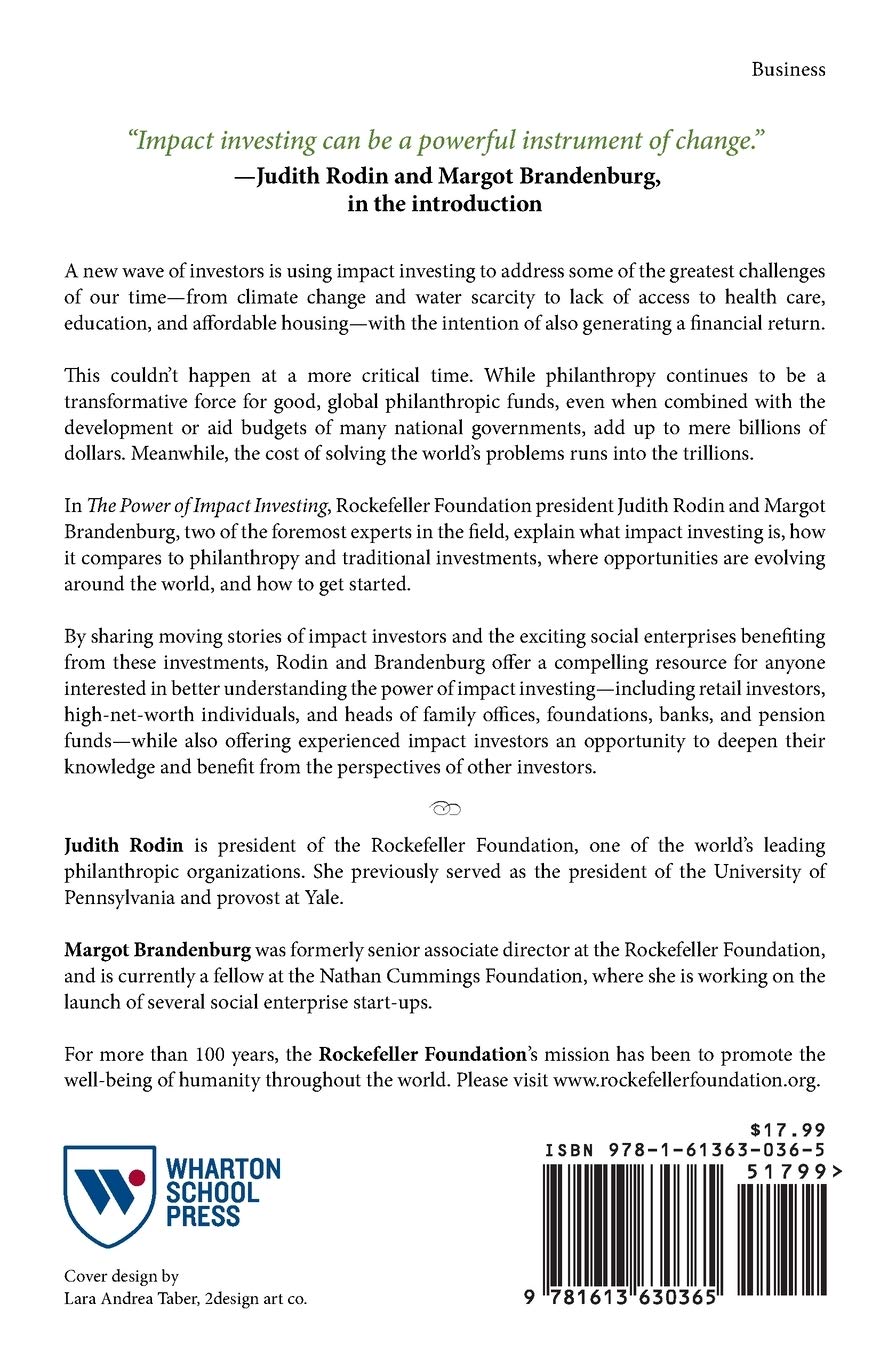

Still, I had great grades and a top school on my CV, so I won a deal at a bulge bracket bank in Hong Kong, started out as a generalist, and was then placed into ECM. At the time, IPOs were all the rage in Hong Kong and there were more deals than my team might handle.
A: The groups in Asia were much smaller sized and the training was “dynamic,” which might appear “disordered” at times. As you might have heard, the hours are very, extremely long (or at least they were when I existed) due to the fact that of the deal activity and the time zone differences we worked across.


My team was primarily people from mainland China and HK. In addition to capability and qualifications, language plays a huge role and they’re often searching for native Mandarin speakers who studied in the US or UK. There were no Patrick Bateman-types on my group or any other stereotypically insane lenders, so in that sense it was OKAY, however the notorious financial investment banking hours and unforeseeable work definitely got to me after a while.
A: Haha, well, I wouldn’t put it rather like that. Part of it was that I wasn’t thinking about the traditional exit opportunities, such as PE companies that only work with business based in mainland China or corporate financier relations functions. I had actually studied politics and economics at university and was always extremely thinking about social concerns, so going to the World Bank or other NGOs like that had been on my mind.
Without a clear concept of where I ‘d be headed, I chose to give up when my 3 years were up versus everyone’s advice. A: Partly, yes. However the other factor was that sometimes you can’t inform what opportunities are out there when you are 100% focused on your task (Tyler Tysdal Lone Tree). I knew that a gap on my resume would be an issue if I opted for traditional PE or banking functions, however I wasn’t thinking about those anyhow.
Journalism University Nebraska

This is a REALLY little and individual market, so I began cold emailing individuals at companies related to “impact investing” here, and offered to arrange conferences such as the one that the Rockefeller Foundation hosts. A: Sure. Tyler Tysdal Lone Tree. The concept is to invest in companies that attempt to make a profit and do great for the neighborhood, environment, and world at large.
Examples of business or endeavors that impact investing funds might purchase: Cost effective Housing: We may attempt to discover investors or possession owners that want to accept lowered revenues in exchange for making home more inexpensive, or in exchange for enhancing the neighborhood by offering other services such as healthcare (Tyler Tysdal Lone Tree).

Eco-friendly products and energy efficient technologies: There are “green funds” that only purchase business that promote ecological sustainability. Products and services tailored toward the population at “the bottom of the pyramid”/ underprivileged groups: Socially accountable services based in emerging markets and products created for elderly and handicapped groups belong to this classification.
Since the government is paying out bond interest, investors perceive it as “less dangerous” than investing directly in the companies. The federal government first created this concept in the UK, where it used these bonds to finance projects that would lower rehabilitation rates of ex-offenders. They’re prepared to do this since the economic sector is handling a few of the danger in producing services that help everybody, which might ultimately minimize costs for the federal government in the long-term.
Need: Social business that are attempting to grow and become economically sustainable, however which need capital to get there. Intermediaries: They link both celebrations and often invest together with the structures and family workplaces. It’s a bit like the increase of tech start-ups and venture capital decades back, and we’re seeing increasingly more “investment-ready” opportunities so these groups in fact require ex-bankers and other economists.
Portfolio Companies Failed

It’s difficult enough to develop any type of financially sustainable organisation, not to mention one that is likewise doing social good. So you likewise see individuals involved with “capacity building,” which is sort of like what incubators perform in the tech area the idea is to get these earlier-stage endeavors up to speed and advance to the point where professionals can buy them. Tyler T. Tysdal.
A: Sort of. On some of the jobs I’ve seen, a 1-2% yield is an acceptable flooring for investors. But expectation management is a big problem. We require to discuss that to potential investors who stroll in anticipating 20-30% returns, which just won’t happen in this sector. So part of our role is to manage those expectations and get them into more of a “Well, as long as I don’t lose money” state of mind.
It’s extremely policy-driven, and you see a great deal of efforts in the UK such as Big Society Capital a mutual fund to grow financial intermediaries for the social sector that have started due to government policy. Huge funds such as the Social Innovation Fund launched by the US federal government likewise attract a lot of attention.
Some big banks are even hiring people with NGO backgrounds to operate in this area – Tyler T. Tysdal. Personally, I’m still a bit hesitant about the forecast growth in capital because the returns are unverified. It’s also extremely depending on federal government policy/ financing and philanthropic money, which aren’t the most reliable sources in the current environment.
There were very few official interviews, but a great deal of quick coffee meetings inquiring about my background, how we may interact, and what they required assistance with. Tyler Tysdal Lone Tree. They never asked finance questions or anything like that they assumed that since I had actually operated at a well-known bank, I knew all of that fairly well.
Undisclosed Monitoring Fees
I had spent a couple of months offering in India and China and had done other advocacy work in the UK before, so I fit what they were looking for. Another big aspect is showing that you can operate in a little, entrepreneurial environment a lot of individuals at big business connect to these groups, but they still carry the frame of mind of operating in a huge company and believe you need to push all decisions through a committee before acting.
A: Pretty much I did go into the workplace to fulfill with everybody towards the end, however it remained very “fit”- focused. They were mainly probing to see how well I fit together with the team and how committed I was (Tyler Tysdal). A: It’s a wide variety. Tyler T. Tysdal. Many people who founded social enterprises or other intermediaries are here, however you likewise see numerous MBAs from leading schools and former bankers and attorneys signing up with too.
Tyler Tysdal – Lone Tree
Considering that there’s such a series of backgrounds, it feels much various from the normal bank or investment firm where everyone is pressing ahead 24/7 and never ever takes their foot off the gas pedal. A: Up until now it has been fantastic (Tyler Tysdal). We do a bit of whatever here direct investing, fundraising, grants to charities, and even “capability structure” for non-profits and social business.
